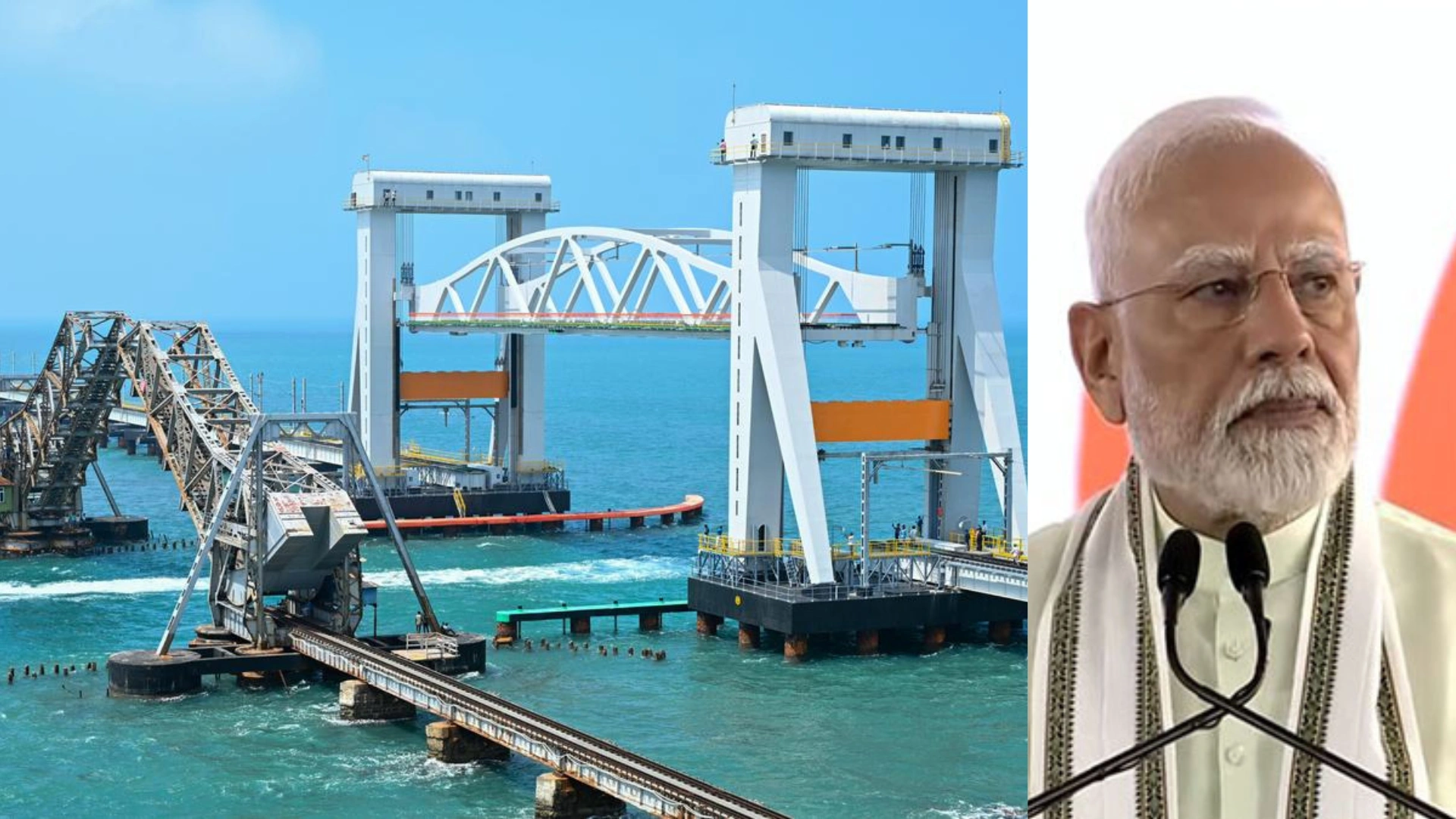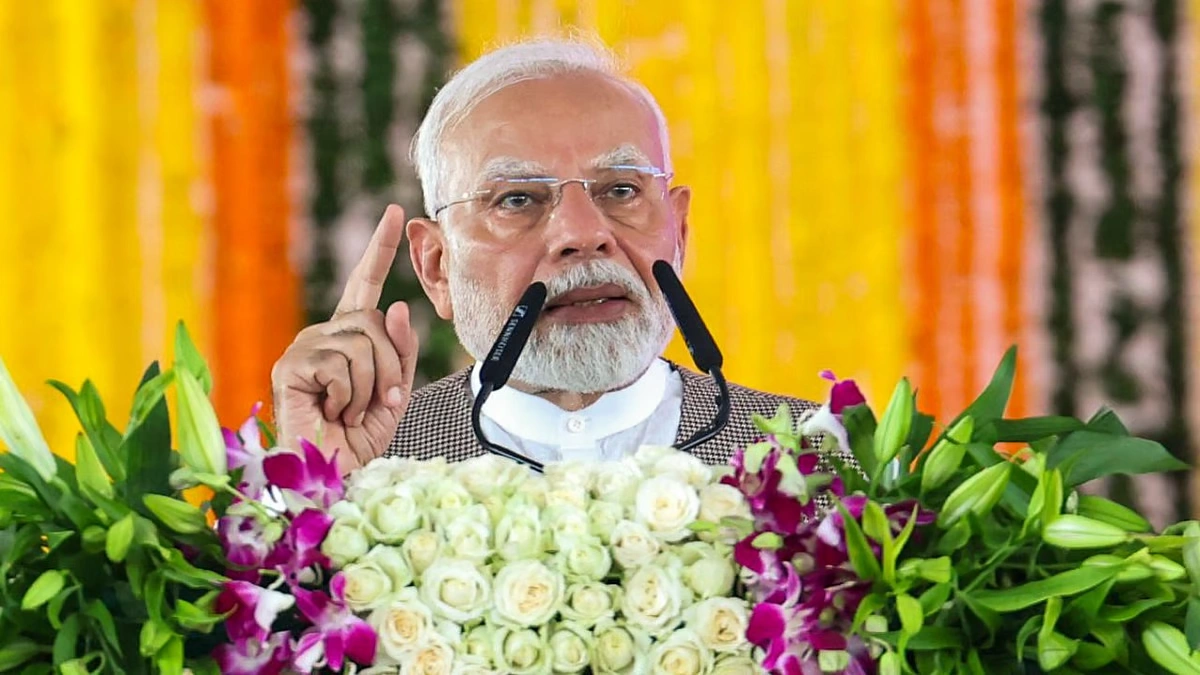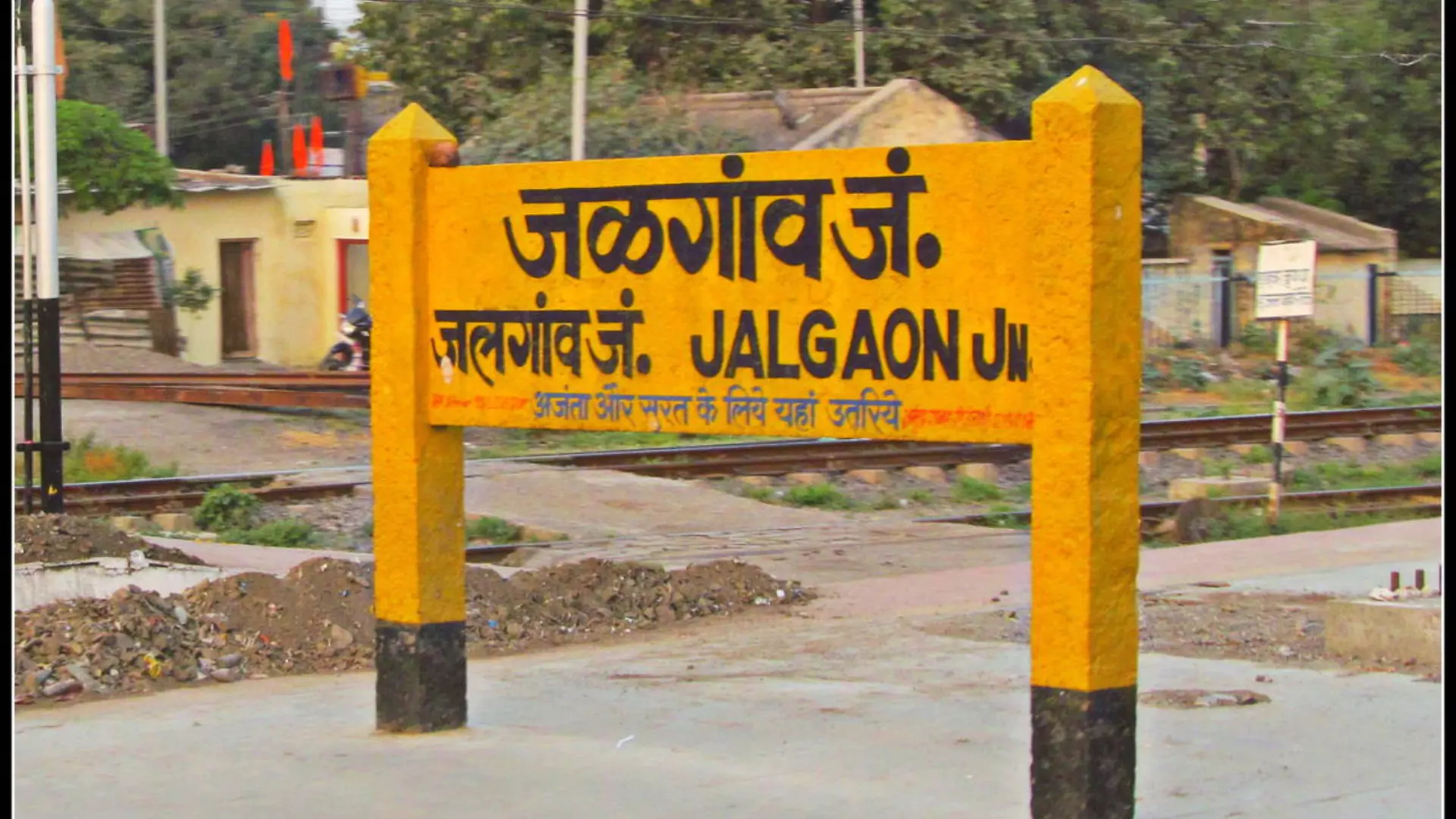The Budget Session of Parliament kicked off today with President Droupadi Murmu addressing a joint session of both the Lok Sabha and Rajya Sabha. During her speech, she emphasized the government’s commitment to fulfilling the middle class’s dream of owning a home, as well as outlining several key initiatives and goals.
Union Finance Minister Nirmala Sitharaman is set to present the Economic Survey in both Houses of Parliament. This document, crafted by a team under the leadership of Chief Economic Adviser V Anantha Nageswaran, will provide an official overview of the country’s economic performance for the current financial year.
In addition to the Economic Survey, the government has also introduced 16 Bills, including the Waqf (Amendment) Bill, as part of the financial agenda for the session. The first full Budget under the Modi 3.0 government will be presented by Finance Minister Sitharaman on Saturday.
The first phase of the Budget Session will run until February 13, followed by a recess to allow members to review the Budget proposals. The session will then reconvene on March 10 and continue until April 4, encompassing a total of 27 sittings.
What is the Economic Survey?
The Economic Survey is an important document that provides a comprehensive analysis of the country’s economy. It is divided into two sections: Part A focuses on the economic performance, covering fiscal trends and key macroeconomic indicators, while Part B addresses social and economic issues, such as education, poverty, and climate change. The survey also includes projections for GDP growth, inflation, and trade.
Highlights from the Last Economic Survey
The previous Economic Survey projected a growth rate of 6.5 to 7% for India’s real GDP. This optimistic forecast was driven by factors such as improved financial health in the private sector, a predicted rise in goods and services exports, favorable rainfall forecasts, and ongoing structural reforms in the economy.
On the inflation front, India was able to keep retail inflation at 5.4% for FY24, marking the lowest rate since the COVID-19 pandemic. However, food inflation rose to 7.5% in FY24, up from 3.8% in FY22.
The survey also provided a forward-looking perspective, stressing the importance of increased oilseed and pulses production, enhancing vegetable storage facilities, and closely monitoring the prices of essential food items.
President Murmu’s Address on Day 1 of the Budget Session
President Droupadi Murmu’s address on Day 1 of the Budget Session focused on the positive impacts of the Ayushman Bharat scheme, which aims to provide healthcare coverage for millions of citizens. She also touched upon the alarming issue of paper leaks that have been affecting the nation.
(Stay tuned for live updates)










































